12+ Sample Wholesale Contract Templates
-
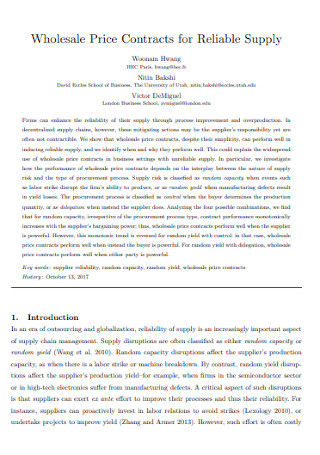
Wholesale Price Contracts
download now -
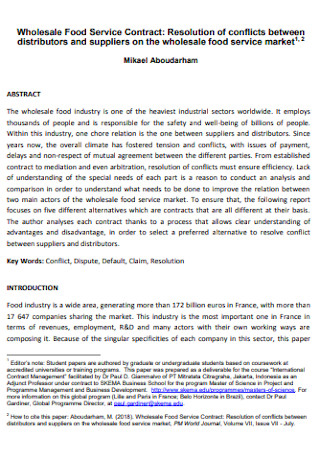
Wholesale Food Service Contract
download now -
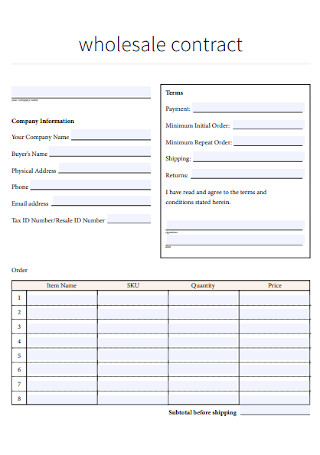
Sample Wholesale contract Template
download now -
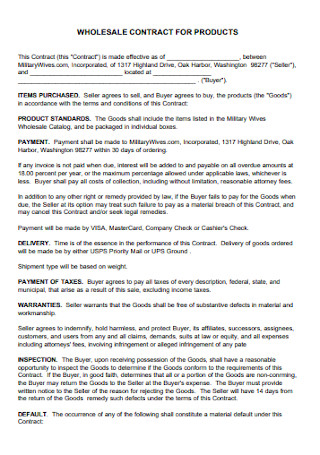
Wholesale Contract for Products
download now -
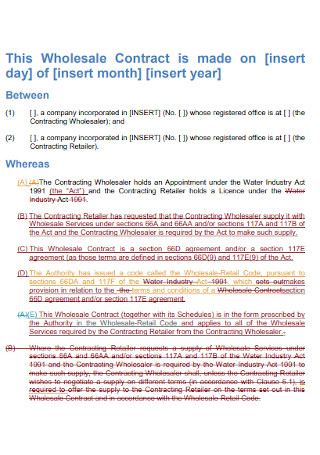
Wholesale Services Contract
download now -
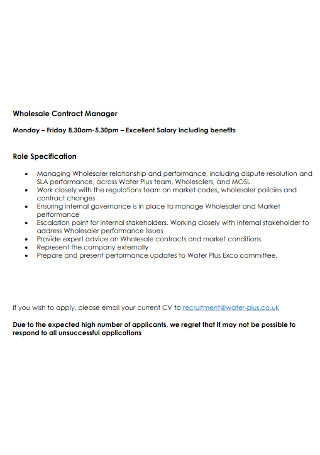
Wholesale Contract Manager Template
download now -
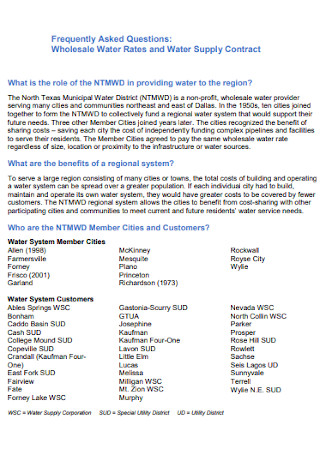
Wholesale Water Supply Contract
download now -
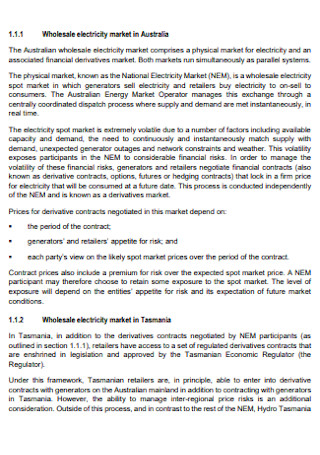
Wholesale Marketing Contract Template
download now -
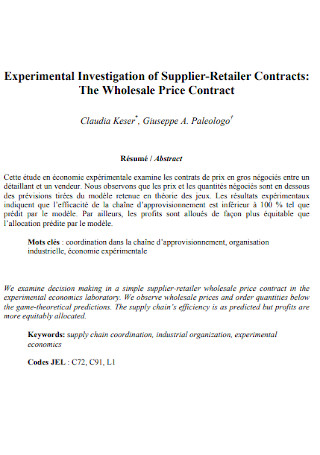
Sample Wholesale Price Contract Template
download now -
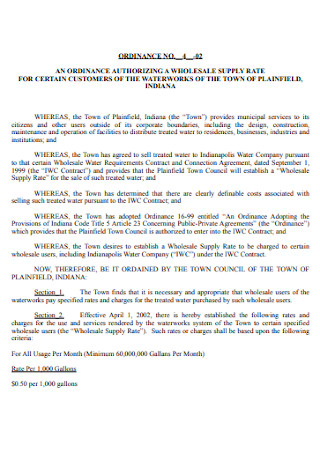
Wholesale Supply Rate Contract Template
download now -
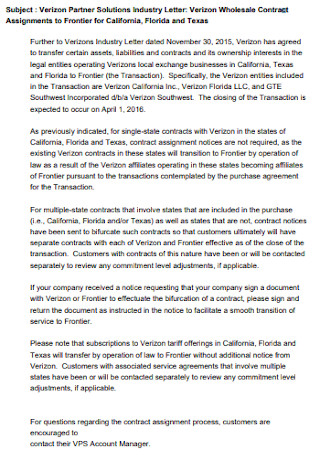
Basic Wholesale Contract Template
download now -
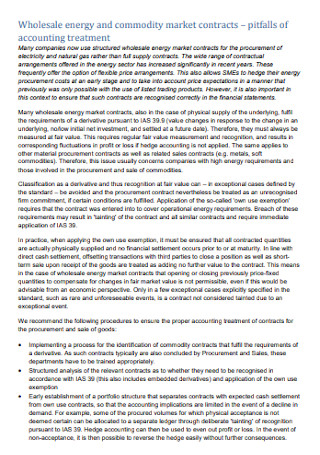
Sample Wholesale Market Contract Template
download now -
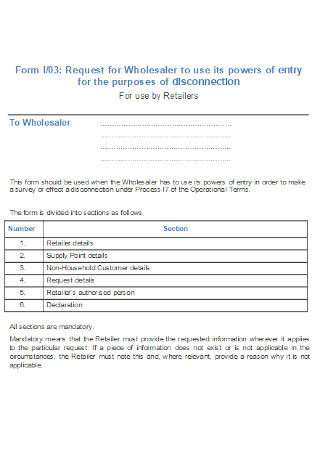
Simple Wholesale Contract Template
download now
FREE Wholesale Contract s to Download
12+ Sample Wholesale Contract Templates
What Is a Wholesale Contract?
Tips on Finding a Wholesaler for Your Business
How To Set Up a Wholesale Business
FAQs
What is a wholesale property contract?
Is there also wholesaling in finance?
What are the different types of wholesalers?
What Is a Wholesale Contract?
Wholesaling involves trading merchandise in volumes to retailers or other buyers for a lesser cost. The buyer then repackages and resells the products individually or by packs at an increased price. Unlike distributors, wholesalers can sell many competing products. They may specialize in one product type or may also offer different goods. Typically, wholesalers buy their goods from manufacturers and focus on selling and delivering goods to their buyers. When it comes to ordering and pricing, a sales agreement or a wholesale purchase agreement addresses these factors. Therefore, a sale or purchase agreement is a type of wholesale contract that explicitly concerns the trading of goods. Additionally, wholesaling may also involve real estate. For example, a wholesaler can arrange with the seller about marketing a property to potential buyers under a wholesale assignment contract. However, our focus in this article will be the former.
According to Statista, in 2018, the total sales of grocery products in the United States reached about $966.4 billion.
That is a significant increase if we look at the statistics ten years back, where the total sales only amounted to $692.2 billion.
In addition to that, the total sales of durable goods in the U.S. in 2018 amounted to $3.8 trillion.
Tips on Finding a Wholesaler for Your Business
As mentioned, a wholesaler or a wholesale distributor is an entity that purchases goods from manufacturers and trades them usually to retail businesses. A wholesaler distributor doesn’t function as a store. They are mainly responsible for supplying other companies with the products that they resell to end customers. With that said, here are some tips on finding a wholesaler to provide for the needs of your business.
How To Set Up a Wholesale Business
Setting up a wholesale company is a great option if you don’t want to deal directly with customers. With that said, here are the steps to follow to set up a wholesale business.
Step 1: Identify Your Market
You must know your target market through research. Look for store owners, dealers, and customers who are looking for the products that you sell. Also, as you begin to establish a brand, keep an eye on your competitors. Be eager to know the products they advertise, their wholesale prices, and their kind of service.
Step 2: Look for a Place for Your Business to Operate
A place is essential for your business to function. It can be challenging to find a location, and spaces in cities are usually expensive. So, it may be best to separate your warehouse and your office. Also, hire honest and efficient staff members under an employment contract to keep your inventory safe.
Step 3: Connect with Suppliers
Connect with suppliers who are willing to commission you to be the wholesaler of their goods. However, you should think carefully before signing a wholesaling contract since most companies will demand you to meet a specific sales target. In some instances, you need to communicate with a manufacturer’s distributors if they cannot supply their products straight to you.
Step 4: Understand You Manufacturer’s Return Policies
Not all manufacturers will have the same return policies. So, understand your manufacturer’s return policies. The policies may include statements concerning how the supplier will take care of the products returned to them because of defects or other reasons. Also, you must check their service policies concerning after-sales. If a manufacturer doesn’t have these policies, it’s better not to continue your deal with them. Your business may end up having too much inventory that you cannot sell.
Step 5: Obtain and Make Use of an Inventory Software
Buy an inventory software application that will help track the flow of your products. Search for good software programs online or get ideas from other business people who use the same. It will also help you give delivery schedules and proper quotes to your buyers. In that way, you will be efficiently moving your products.
Step 6: Use a Contract when You have an Arrangement
When having deals that concern large sums of money, always use a contract. Be strict when it comes to payment and detail the terms in the agreement. Your contract should address the questions: When will you be paid? What are the conditions for payment? What are the methods for payment? Etc.
FAQs
What is a wholesale property contract?
A wholesale property contract is another name for a real estate wholesale contract. It is a legally binding agreement between a wholesaler and a seller. The real estate wholesalers’ job is to look for a deal, obtain the rights, and reserve the contract for a real estate investor.
Is there also wholesaling in finance?
In finance, wholesaling points to the financial aid that banks provide to property developers, corporate clients, and pension funds. In the said industry, wholesalers can be mutual fund sponsors. In this case, a management company that handles assets hires wholesalers or mutual fund sales agents to sell products.
What are the different types of wholesalers?
According to The Balance, there are three types of wholesalers: the merchant, the specialty, and the mail-order wholesalers. One good example of a merchant wholesaler is Wal-Mart. Wal-Mart sells a variety of items to its customers. A specialty wholesaler, on the other hand, focuses on selling a specific product. Lastly, a mail-order wholesaler sells products that are hard to find. You can find them online, and they will deliver the product directly to you.
Though a wholesale contract can come in different forms. Every type has the same purpose. It is to protect a business from fraud or from being taken advantage of. So, for your reference, you can check and download one of our wholesale contract templates above.
